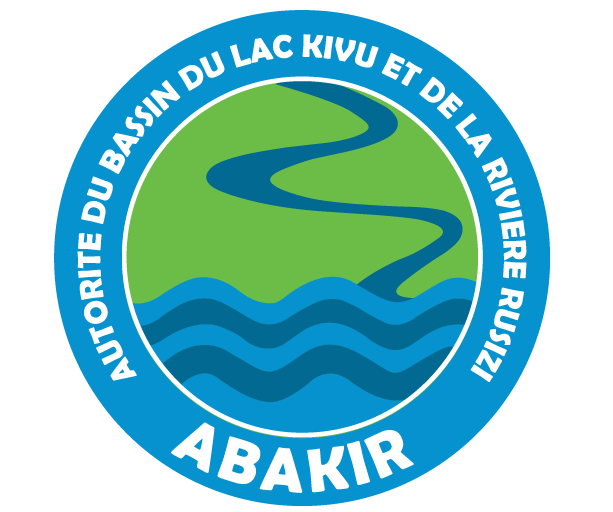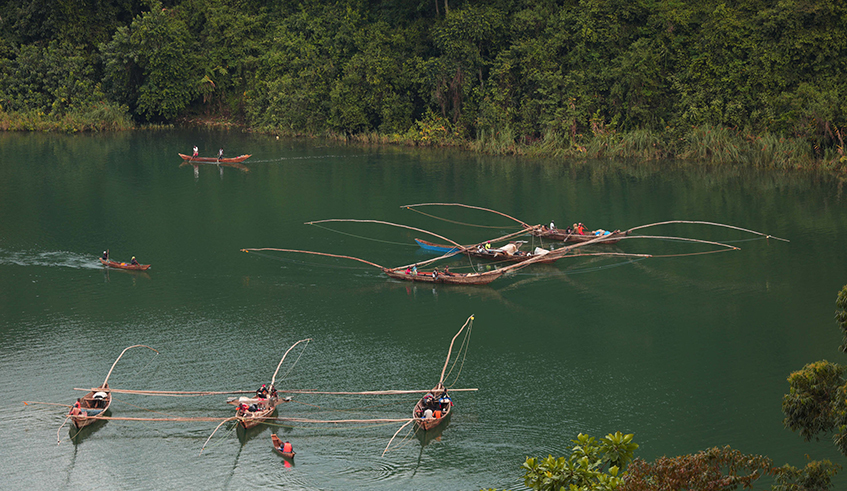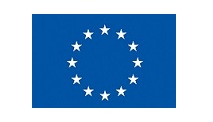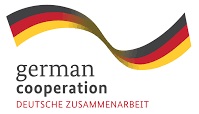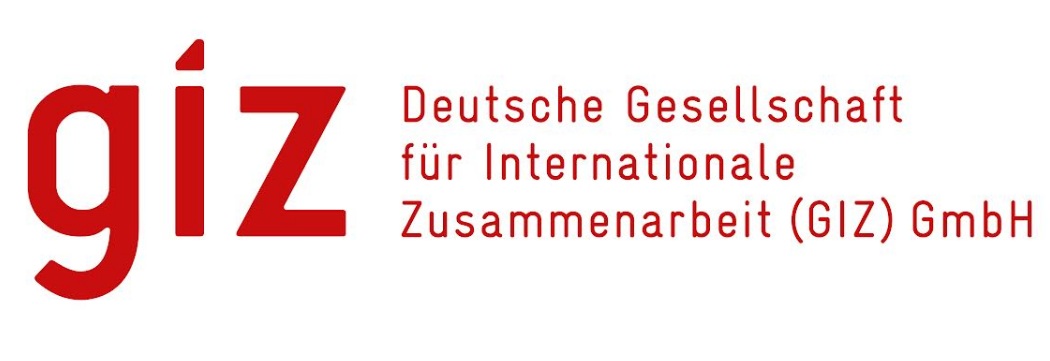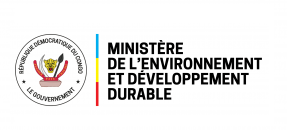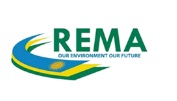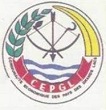About ABAKIR
ABAKIR (Autorité du Bassin du Lac Kivu et de la Rivière Rusizi/Ruzizi) promotes the integrated management of the Lake Kivu and Rusizi/Ruzizi River Basin resources. ABAKIR aims to contribute to the sustainable development of the Great Lakes Region by stimulating economic development through the integrated management of water resources in all dimensions: energy, agriculture, lake transport, tourism, biodiversity, etc.





